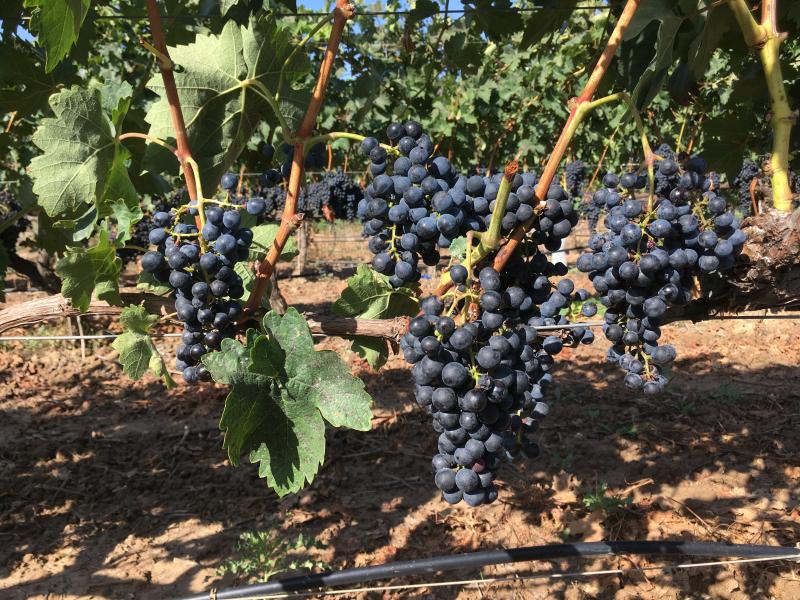The effect of Climate Change (CC) on grapevine physiology and wine quality is already evident and is expected to worsen in the coming decades. This poses a significant challenge for the wine industry. To adapt to these changing conditions, various strategies are being explored, such as the selection of more suitable grape varieties and the use of specific viticultural techniques.
One of the key solutions is the selection of genetic resources adapted to the new environmental conditions. This approach is especially relevant for perennial plants like grapevines. However, creating new varieties that are resistant to CC is a long and complex process, involving both authorities and consumers.
In this context, the Research Group VitisGESTION at the ICVV, has got e research project funded by the Spanish National Research Agency to analyze the intra-varietal genetic variation and the selection of new grapevine clones, a fundamental approach to adapt grape varieties Tempranillo and Graciano to CC. The first step in this process is the evaluation of grape biotypes according to new quality criteria related to their growth and production potential, as well as their suitability for wine production in a CC context.
These criteria include traditional aspects such as cluster quality and phenolic composition, but also new and relevant characteristics such as cluster compactness, resistance to fungal diseases, and leaf nutrient concentration, which influence grape quality under CC.
Furthermore, since an increase in drought frequency and water scarcity is expected in the future, it is crucial to select grape biotypes that are more resistant to these conditions. This involves exploring their drought tolerance capacity and water use efficiency.
An interesting aspect of this project is the study of leaf mesophyll structural features. This will allow us to better understand how carbon dioxide (CO2) is diffused within the leaves and whether differences in this process among grape biotypes are related to specific anatomical characteristics.
In summary, this project aims to address the challenge of CC in viticulture by selecting more resilient grape varieties and understanding the physiological and molecular processes underlying this resilience. This will provide valuable biological and viticulture insights for adapting the wine industry to a changing environment.









